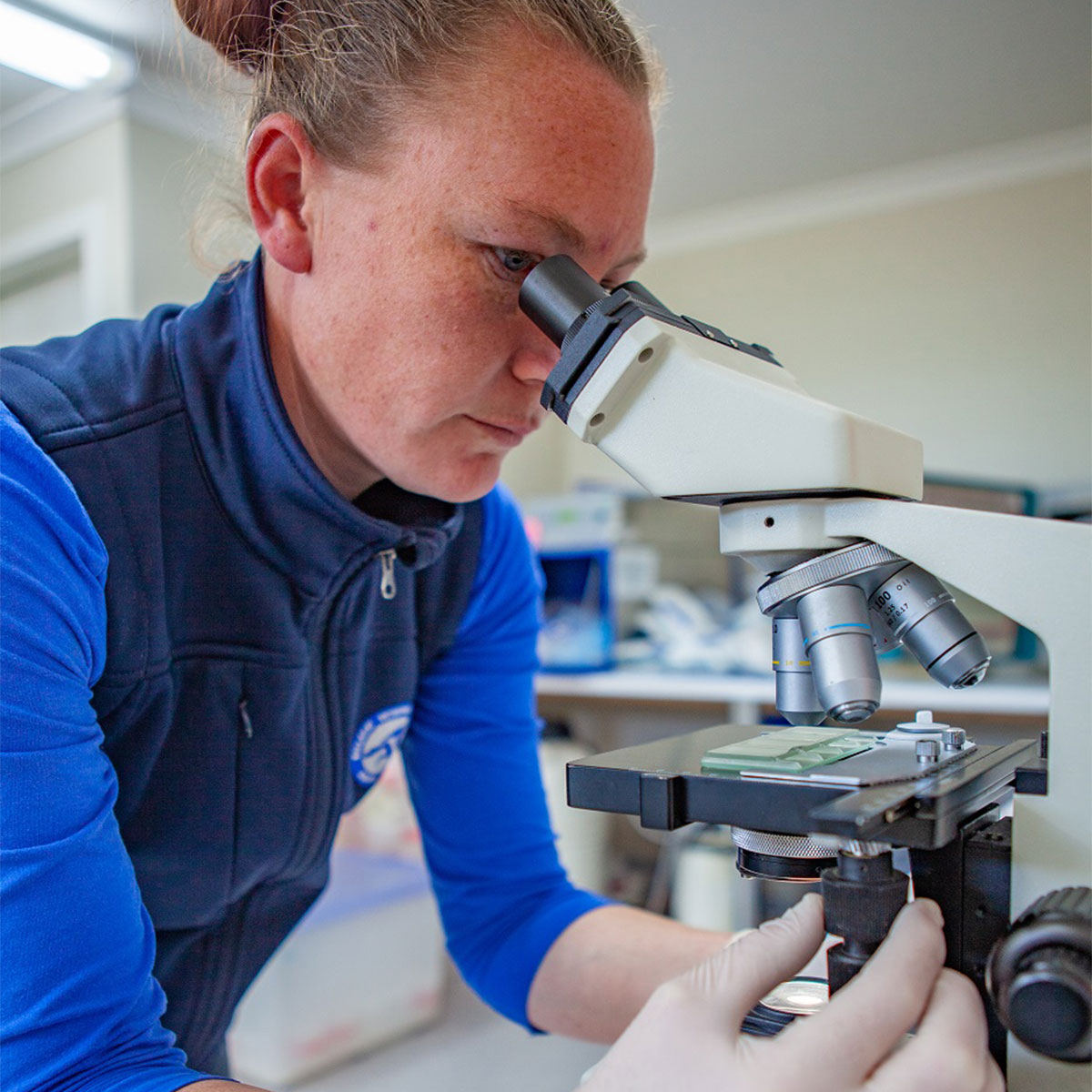The Complete Guide to Veterinary Testing Centers for Veterinary Professionals with Expert Insights
The Complete Guide to Veterinary Testing Centers for Veterinary Professionals with Expert Insights
Blog Article
Whether it’s routine blood work or advanced diagnostic panels, veterinary labs deliver the data veterinarians need to make informed decisions.
By the end, you’ll understand how veterinary diagnostics support better outcomes for pets and peace of mind for owners.
Let’s start by understanding exactly what a veterinary laboratory is and why it’s essential in modern animal healthcare.
Understanding Veterinary Labs
These labs support veterinarians by providing critical diagnostic insights that can’t be seen during a physical exam alone.
Veterinary labs vary in size and specialization.
Regardless of size or setup, these labs play an essential role in helping veterinarians diagnose conditions early, tailor treatments, and monitor recovery effectively.

Understanding Veterinary Lab Diagnostics
Urinalysis and fecal exams help detect infections, parasites, or metabolic issues.
For more specialized diagnostics, veterinary labs offer cytology (examining cells under a microscope), biopsies, hormone level testing (such as thyroid or cortisol), and infectious disease panels.
These tests are essential for early disease detection, accurate diagnosis, and treatment planning.
Finding the Best Local Veterinary Diagnostic Lab
Searching for a “veterinary lab near me” can feel overwhelming, but a few strategies can simplify the process.
Online directories and veterinary associations can help locate accredited labs in your area.
Choosing the right local lab ensures quick turnaround, reliable results, and peace of mind.

When to Use a 24-Hour Veterinary Lab
Knowing when to use each type can make a significant difference in urgent cases.
These labs are often linked to emergency veterinary hospitals and specialize in handling critical cases at any time of day or night.
Discuss with your veterinarian which lab setup best suits your pet’s needs.
The Importance of Veterinary Lab Testing
Without accurate diagnostics, treatment plans may miss the mark, potentially delaying recovery or worsening outcomes.
For preventive care, routine lab work helps catch issues before symptoms appear.
With the support of a trusted veterinary laboratory, you and your veterinarian can work together to make informed, timely, and effective healthcare decisions.
Final Thoughts on Veterinary Diagnostics
In today’s world, ensuring your pet receives top-quality care means partnering laboratorio veterinario abc with the right veterinary laboratory.
The combination of expert veterinary care and reliable diagnostics is what keeps pets healthier, longer.
With the right partnerships in place, you’re giving your pet the best possible chance at a happy, healthy life.
Your Veterinary Lab Questions Answered
What is a veterinary diagnostic lab?
A veterinary diagnostic lab analyzes samples from animals (like blood, urine, or tissue) to detect diseases, monitor health, and guide treatment plans.
Are there local veterinary labs for pet testing?
Ask your veterinarian for recommendations—they often work with trusted local labs or national diagnostic networks.
What emergencies require urgent lab testing?
If your pet experiences sudden, severe symptoms—such as collapse, poisoning, or acute injury—a 24-hour veterinary lab can provide rapid diagnostics to support emergency treatment.
What are common veterinary diagnostic services?
Common tests include blood counts, chemistry panels, hormone levels, infectious disease screening, urinalysis, fecal exams, cytology, biopsies, and genetic testing.
How much do veterinary lab tests cost?
Your veterinarian can provide estimates and help prioritize necessary diagnostics.
Report this page